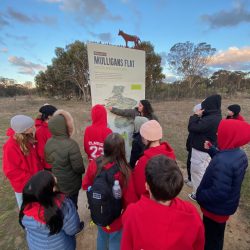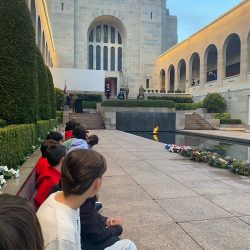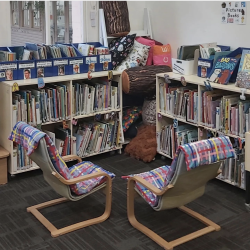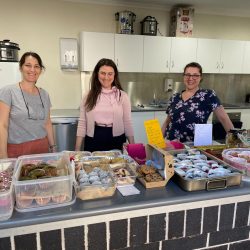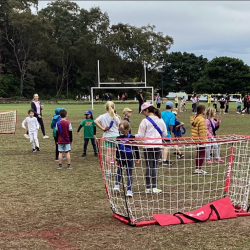Stage 1, Mathematics

What do the children explore as part of the Montessori language lessons in the 3 – 6 year old classroom?
In the Stage 1 classroom, the child will make the following discoveries through interactions within his/her learning environment:
- There are more words than I already know (spoken language).
- I can make my language visible to others (written language).
- I can interpret the thoughts of others, even those who are not present (reading).
- Words spoken or written, carry out a function and work in a particular order (grammar and syntax).
In the Montessori method, experience precedes language: any language the child is going to use must be attached to an experience.
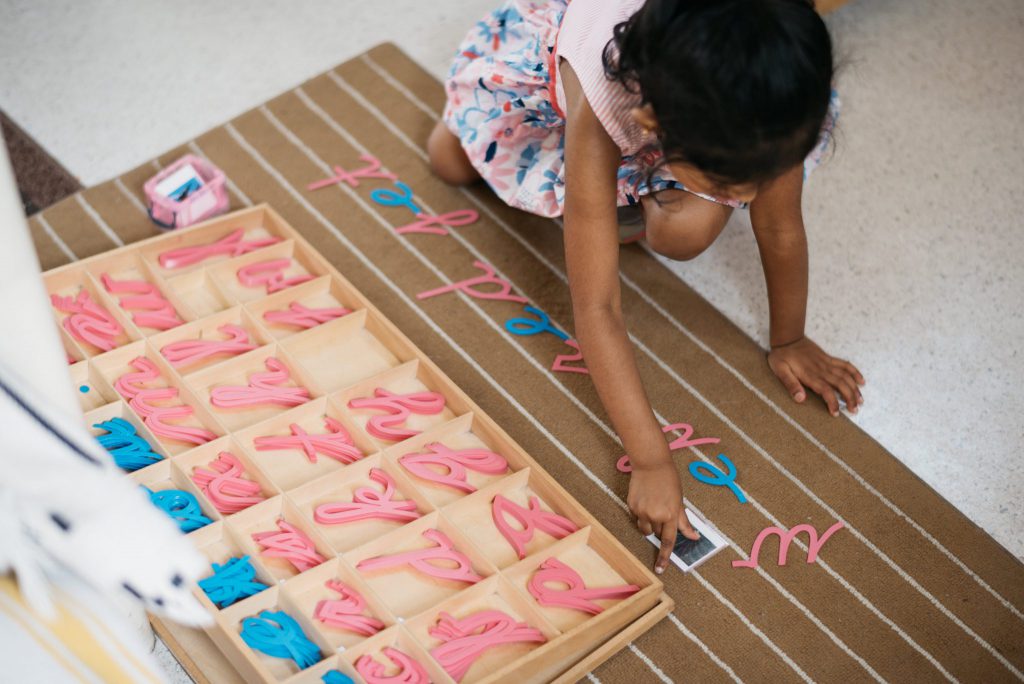
How is literacy (the ability to read and write) supported in the Stage 1 Montessori classroom?
Spoken Language
Children engage with:
- Social language: words and phrases needed in specific social situations.
- Enrichment of vocabulary: naming objects in the environment, giving specific names, using words to compare, contrast and classify.
- Storytelling: spontaneous conversations, questions, reading aloud, songs.
Written Language
Maria Montessori found that the written language could be acquired much more easily by children at four years old than at six. Writing comes before reading and involves encoding: making the code to express what is already in the child’s mind. It is easier for the child to start with what is known and write the symbols than to interpret what is unknown and decipher the symbols. Materials and experiences for supporting writing include the sandpaper letters, moveable alphabet and sound games.
Through writing, the children learn:
- Phonics: presenting sounds with letters.
- Phonemic awareness: the ability to identify sounds in words.
Reading
Reading in Montessori begins with children in the 3 – 6 classroom. Reading usually occurs for children spontaneously, generally about six months after writing. In the 3 – 6 classroom, the children learn:
- Phonemes: identifying the individual sounds that make up words.
- Syntax: understanding the order and structure of words in a sentence.
- Semantics: learning how the meaning of words are related to the context.


